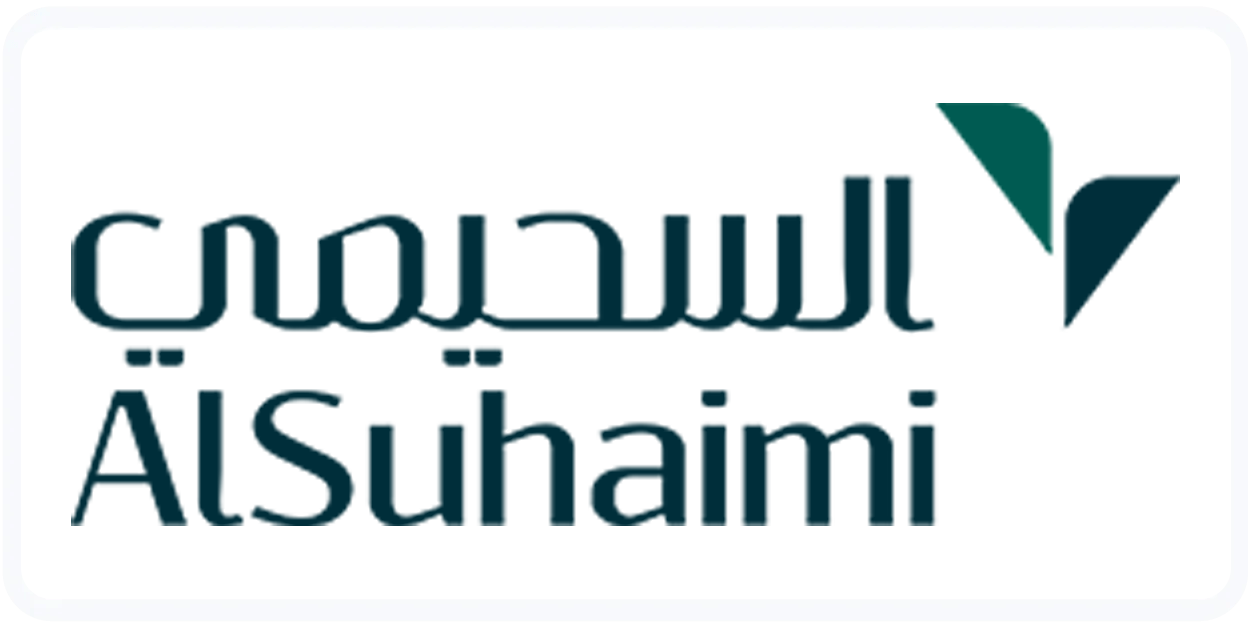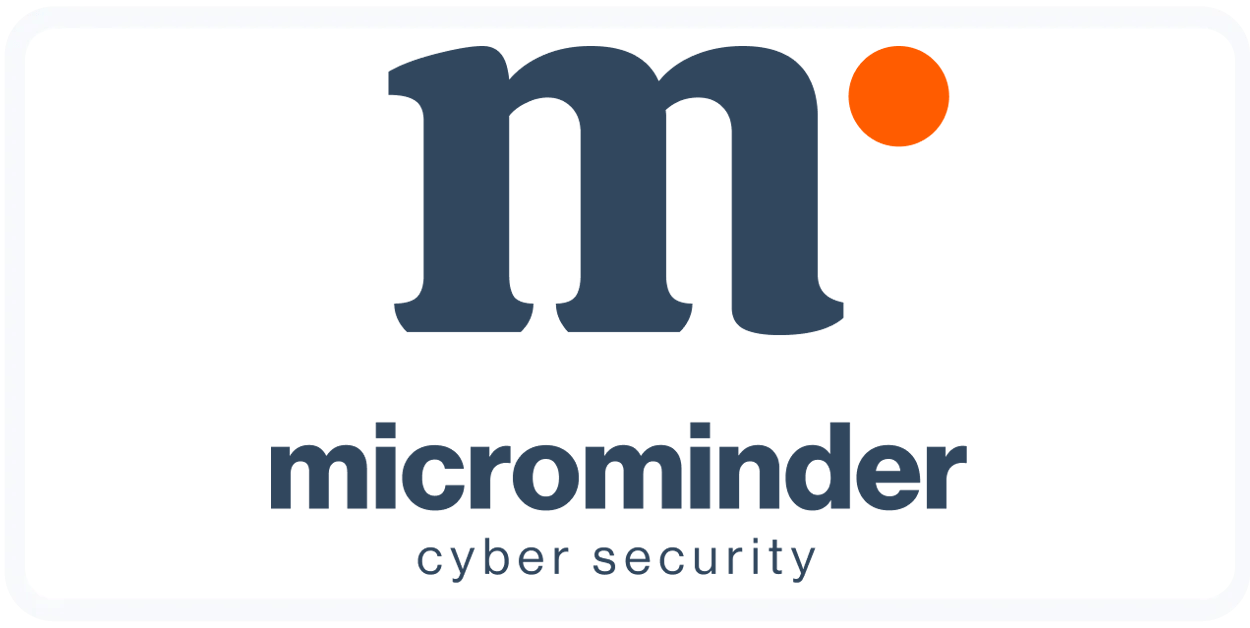Starting a Sole Proprietorship in Saudi Arabia has changed tremendously over the last five years and is usually the easiest and most accessible business structure for both foreigners and beginners. Moreover, recent regulatory changes have removed many past challenges that made foreign investment difficult.
Whether you’re a Saudi citizen starting your first business or a foreign investor looking for opportunities in the Kingdom, knowing the setup process will be beneficial for your market entry into one of the region’s fastest-growing economies.
This blog provides everything necessary to understand, plan, and start a sole proprietorship in the Kingdom, discussing the legal framework, benefits, setup process, tax considerations, and cultural context to help aspiring entrepreneurs launch their business confidently.

What is an Establishment in Saudi Arabia?
In Saudi commercial law, a sole proprietorship is referred to as an ‘establishment’ or Mu’assasa Fardiya. This type of business structure is the simplest form of commercial entity, where a single individual has complete ownership and operational control, taking on all personal liability for business obligations.
The legal structure for establishments comes from the Commercial Companies Law and the regulations set by the Ministry of Commerce. Unlike Limited Liability Companies (LLCs), which are separate legal entities with liability protection, establishments operate as part of the owner’s personal legal identity. This difference has major effects on liability risk, tax obligations, and compliance requirements.
The data from the Ministry of Commerce shows that establishments make up the majority of all new business registrations in Saudi Arabia, indicating their popularity among entrepreneurs. Their legal status makes them ideal for professional services, consulting companies, small-scale retail operations, and tech startups that have low initial capital requirements.
Foreigners can now set up their entities under the new Foreign Investment Law, which lifted previous restrictions on foreign ownership in many sectors. This change in regulations has created significant opportunities for foreign entrepreneurs wanting to enter the Saudi market.

Features and Benefits of Starting a Sole Proprietorship in Saudi Arabia
Starting a sole proprietorship in Saudi Arabia offers clear benefits, especially for those in search of a simple business structure:
Simplified Registration Process:
The registration for proprietorships generally takes 3-7 business days for standard applications. The process is online, efficient, and affordable. The Ministry of Commerce’s online portal makes the process simpler.
100% Operational Control:
Single ownership removes the need for discussions with partners, board meetings, or approvals from shareholders. This autonomy allows quick decision-making and swift execution of strategies, which is crucial during fluctuations in the market and shifts in business direction.
No Minimum Capital Requirements:
Unlike LLCs, which require a significant minimum capital requirement for most activities, establishments can start with the funds they have. This ease of access has helped entrepreneurs to start their businesses with initial investments even below SAR 50,000.
Reduced Compliance Burden:
Establishments have comparatively fewer regulatory reporting requirements than corporations. This usually cuts administration costs by 40-60% compared to more complex entity structures, which is ideal for startups and small-scale businesses.
Flexible for Various Business Activities:
Modifications to business activities, market growth, or changes in service offerings require minimal restructuring. This makes it ideal for trading, consulting, freelancing, and other service-oriented businesses without complex discussion and reformation processes.
Accessible to Foreigners:
The recent MISA guidelines have opened up more chances for foreigners, with simpler processes covering more than 1,200 business activities that were once restricted to Saudi nationals. This regulatory change has resulted in exceptional opportunities for international entrepreneurs.

Process of Sole Proprietorship in Saudi Arabia
Here’s a step-by-step guide to the process of setting up a sole proprietorship:
Step 1: Business Activity Selection and Classification
Select your primary business activity from MISA’s updated classification system. Your choice will affect your regulatory path, licensing needs, and how you operate. Consider any secondary activities you might want to add later, as including them after registration will involve extra steps and costs.
Step 2: Trade Name Registration
Submit your chosen trade name through the Ministry of Commerce’s online platform. Names must follow Saudi naming rules and must not clash with already registered entities in your industry.
Step 3: Documents Preparation
Collect the required documents, such as a valid ID (national ID for Saudis, residence permit for foreigners), contact details, and proof of business premises if needed. Service businesses can often work from home, whereas retail and manufacturing generally need dedicated commercial locations.
Step 4: Online Application Submission
Submit the complete application through the official government portal, paying registration fees between SAR 500 and 2,000 based on business activity and licensing needs. If you prepare well, it can be completed within 2-3 hours.
Step 5: Commercial Registration Certificate
Once approved, you will get your Commercial Registration (CR) certificate, which acts as your main business ID document. This certificate helps you establish banking relationships, sign contracts, and conduct official business transactions.
Step 6: VAT Registration
Register for VAT if your expected annual revenue surpasses SAR 375,000 (required) or SAR 40,000 (optional). Proper VAT registration from the start helps avoid complications and allows you to claim input tax credits on business expenses.
The entire process will take 5-10 business days, with total costs typically ranging from SAR 3,000 to 8,000, including registration fees, initial licensing, and professional assistance.

Tax system for establishments in Saudi Arabia
Understanding the tax environment is essential for sole proprietors:
- No Personal Tax on Salaries: In Saudi Arabia, there is no personal income tax on salaries for residents, making it attractive to entrepreneurs.
- Tax on Business Profits: Sole proprietorships owned by foreigners are required to pay corporate income tax at 20% on their net profits. Saudi and GCC nationals are required to pay Zakat, an Islamic wealth tax, at a rate of 2.5%.
- VAT Obligations: Businesses with a turnover exceeding SAR 375,000 must register and apply VAT at a rate of 15%.
- Social Insurance: A sole proprietor does not have to pay social insurance on their own earnings, but employees must be registered and insured under GOSI.
- Foreign Ownership and Permits: With MISA’s evolving regulations, it is now possible for a sole proprietorship to have 100% foreign ownership with the right licenses, impacting tax liabilities and compliance requirements.
Knowing these tax responsibilities from the start helps with financial planning and staying compliant.

Business Culture
Doing business in Saudi Arabia requires more than just adhering to regulations; cultural awareness and sensitivity are equally important. The business culture in the Kingdom values personal connections, mutual respect and trust. Successful interactions are built on formal greetings, patience during negotiations, following religious customs, and respect for hierarchy.
The modernisation initiatives under Vision 2030 have introduced more international business practices while still maintaining cultural foundations. The participation of women in business has significantly increased, creating new opportunities and evolving social dynamics that foreign investors should understand.
Building your professional network via chambers of commerce, industry associations, and business groups can speed up the growth of your establishment. Saudi value partners who take the time to understand their culture and build genuine relationships beyond just business interests.
Conclusion
A sole proprietorship is a great way to start in Saudi Arabia’s vibrant business environment. Its blend of simplicity, owner control and affordable costs makes it ideal for startups and individual entrepreneurs, including foreign nationals, who benefit from recent legal reforms.
The easy registration process, minimal capital requirements, and flexible operations make it attractive for foreigners looking for opportunities in the Kingdom. Recent regulatory updates have eased barriers while ensuring essential oversight to protect all market players.
Achieving success with your proprietorship requires careful planning, understanding the culture, and continuous adherence to regulatory standards. That’s what we specialise in: making everything possible for our clients to achieve success, regardless of the business structure, activity, and sector.
If you’re considering starting your sole proprietorship in Saudi Arabia, book a FREE consultation with our experts and we guarantee to make it easier, simpler and faster for you.

























